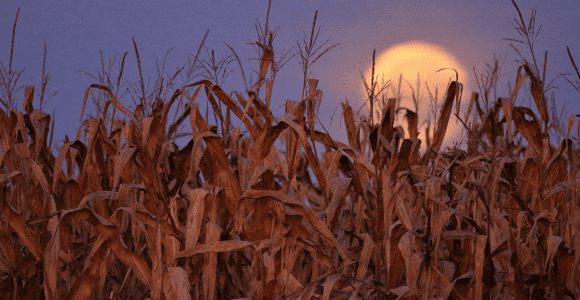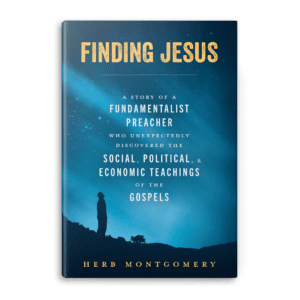
In this final installment considering the cause and effect of reaping what is sown, it is helpful to remember that Matthew was written after 70 C.E. Much of this section of Matthew is constructed to make sense of Rome’s tragic destruction of the Jewish people. Economic injustice is unsustainable: the poor who had finally had enough revolted and violently took over Jerusalem and the temple, burned the debt records held in the temple, and drove the wealthy elites from the city. In the wake of these events, these revolutionaries then launched the Jewish-Roman war of 66-69. The Jewish poor didn’t stop at their own liberation from the elites in their community. Instead, feeling their efforts had been blessed, they set their sights on an even bigger goal: liberating the Jewish people as a whole from their Roman oppressors too. This ultimately resulted in Rome visiting destruction on Jerusalem in 70 C.E.
Welcome Readers! Please subscribe to Social Jesus Here.
(Read this series from the beginning at Part 1 and Part 2.)
The poor indentured farmers of Jesus society were once the owners of the farms they were now working, but had lost their land by defaulting on debt. Jesus called for Jubilee, for all debts to be cancelled, all slaves set free, and all land returned to its original owner. (Luke 4:19) This is where we encounter the multiple layers of this week’s reading. If the poor farmers were the slaves of the elite absentee land owners, the absentee land owners were in a similar relationship to their absentee rulers in Rome. It was Rome that eventually “returned” to Judea, storming in and demanding an account. It was Rome that threw the elites who had failed to govern Judea peacefully into “outer darkness” along with everyone else. If we’ve correctly identified the parable’s intended audience, then God is not the absentee landlord who shows up demanding an account of his servants. Rome was. These actions correctly resemble what Rome did to Jerusalem in response to the poor people’s revolt and war with Rome that wealthy elite’s economic exploitation had intrinsically caused. In the gospels Jesus calls for a voluntary year of Jubilee, and, for Matthew’s author, that Jubilee could have circumvented this revolt.
So what can we derive from this parable in our context today?
The Jewish wisdom this week’s parable is rooted in teaches us that with what measure we use, it will be measured back to us. If we sow the wind, we will reap the whirlwind. But we can instead sow love, and justice, and compassion, and safety.
We get to choose what we set in motion. We get to choose what we sow. What kind of world do we want? However we answer that question, we have the agency in our daily choices, big and small, to set in motion the kind of world we desire. We aren’t the only ones who get to choose. Others are setting in motion the kind of world they want, and those of us who desire a world with no injustice, no oppression, no violence must be vigilant. Sowing love doesn’t guarantee we’ll get all we want, but we most definitely won’t get it if we sit back and sow nothing. I’m reminded of the wise words of Dorothy Day:
“People say, what is the sense of our small effort? They cannot see that we must lay one brick at a time, take one step at a time. A pebble cast into a pond causes ripples that spread in all directions. Each one of our thoughts, words and deeds is like that. No one has a right to sit down and feel hopeless. There is too much work to do.” (Dorothy Day, The Long Loneliness)
 Herb’s new book, Finding Jesus: A story of a fundamentalist preacher who unexpectedly discovered the social, political, and economic teachings of the Gospels, is now available at Renewed Heart Ministries.
Herb’s new book, Finding Jesus: A story of a fundamentalist preacher who unexpectedly discovered the social, political, and economic teachings of the Gospels, is now available at Renewed Heart Ministries.














